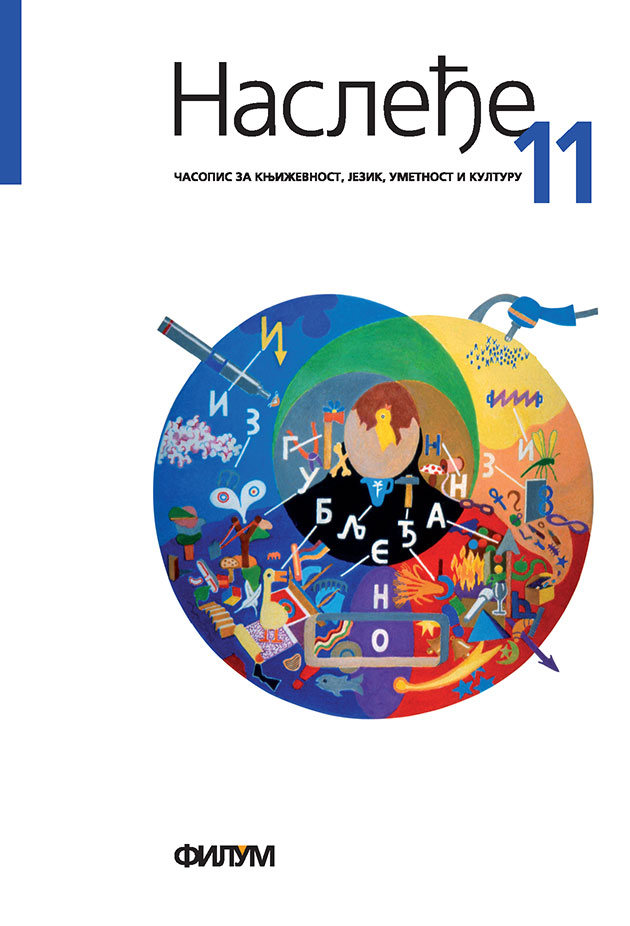MR STEVENS, THE PRODUCT AND PRODUCER OF HISTORY: HISTORICAL CIRCUMSTANCES IN KAZUO ISHIGURO’S THE REMAINS OF THE DAY (1989)
Keywords:
Kazuo Ishiguro, British empire, First and Second World War, lost generationAbstract
Magically clad in a beguiling wrapping, Kazuo Ishiguro’s magnum opus is a profound and heart-rending evocation of the Britain’s greatness gone with the days of yore. The fifteen-hundred-year-old map of His majesty’s dominions, on which the sun used to never set, was abruptly cut to shreds in the first fifty years of the twentieth century. The British empire, and everything it stood for, was brought to its knees by the pandemonium of the First World War, and it was eventually and forever finished off by the Second. The country became a cold, ugly, divided, tired, clapped-out, post-imperial, post-industrial slag-heap. Moreover, empire-intoxicated Victorians and their children just could not come to terms with a bloodbath of reality and, out of the blue, the great nation became the lost generation of the Modern Age “wastelanders”. They lost everything – lives, dreams and hopes– in the service of hollow ideas and ideals of the world predominance, ignoring the curse of misery and ruin thrust upon all who dared to attempt the same.
References
Bradbury, Malcom. The Modern British Novel, Secker & Warburg, London,1994.
Childs, Peter. Contemporary Novelists, New York, Palgrave Macmillan, 2005.
Goleman, Daniel. Emotional Intelligence, Bantam Books, 1995.
Ishiguro, Kazuo. The remains of the Day, Faber and Faber Limited, London, 1989.
Tripković Milan, Sociologija, Futura publikacije, Novi Sad, 1998.
www.contemporarywriters.com/authors?p=auth52&state.html
www.wikipedia.com/wiki/The_renmains_of_the_day.html
www.history.ac.uk/ihr/focus/Whatishistory/index.html
www.postmoderntherapy.com/histpom.html






